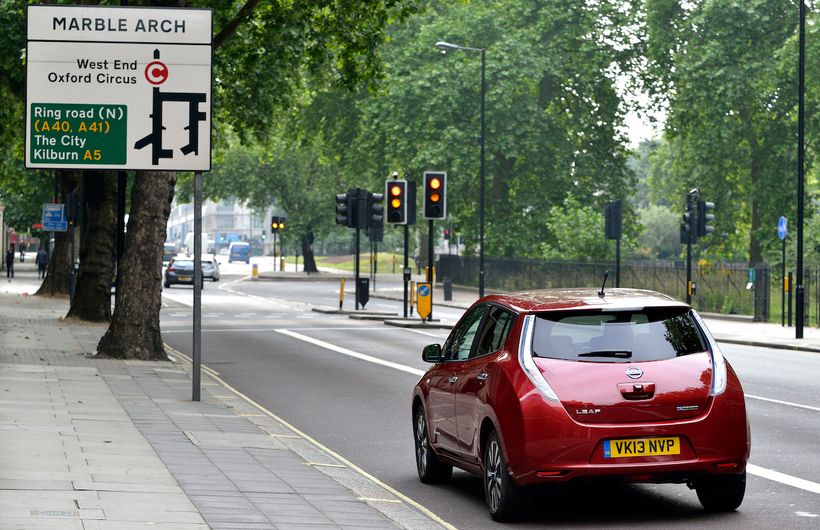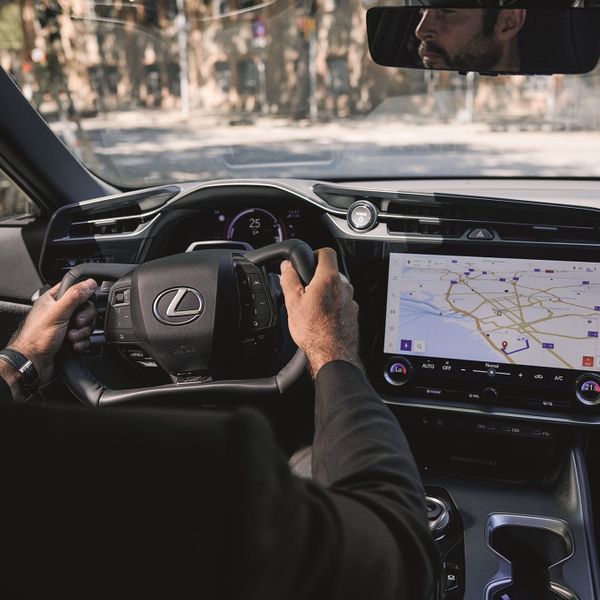Transport for London and city mayor Sadiq Khan have confirmed changes to the congestion charge including price hikes and the removal of the exemption for electric vehicles.
The congestion charge will rise from £15 to £18 on 2 January 2026 – the first increase since 2020, says TfL. Meanwhile, EVs will have to pay the charge for the first time, with a phased increase in the amount over coming years.
Concerns over increased traffic levels have led to the scrapping of the EV exemption. Discounts will apply for electric vehicles that are registered for TfL's auto pay scheme, but they'll be reduced in two stages until EVs have to pay the full amount.
The first stage will last until March 2030, where electric vans, HGVs and quadricycles (light small vehicles like the Citroen Ami) will get a 50% discount (to £9) and cars will get a 25% discount (to £13.50) – but only if registered on the auto pay system. From March 2030, the vans, lorries and tiny cars will get 25% off while the car discount will be reduced to 12.5% (to £15.75).
Residents in the congestion zone are entitled to a 90% discount on the charge, paying just £1.80 – those registered before March 2027 will maintain their discount as it is, but registrations after then will see the discount applied to electric vehicles only. Low income and disabled residents will have that deadline extended to 2030.
Electric cars that are accessible within the zone through car clubs will be entitled to a new 100% discount if they’re returned to the same place.
TfL said in its announcement that the increase for 2026 is a “lower than inflation” increase. That's true if you count back to the last increase in 2020 – inflation in the last five years means £15 in 2020 is worth £19.20 now. The increase from 1 January 2026 to 2 January will of course be a whopping 20%.
The £18 charge won’t be in place for five years like the current one, however. New changes to the administration of the scheme will see the congestion charge going up in line with tube fares or inflation plus 1% without need for consultation.
On the plus side, EV drivers will get their discount automatically once they’ve registered for the auto pay scheme. Currently you have to provide TfL with proof that your car meets the zero emissions standards and pay a £10 administration fee, while the ULEZ setup works automatically using DVLA data.
London mayor Sadiq Khan said that the changes were necessary to keep traffic down in the capital. “While the congestion charge has been a huge success since its introduction, we must ensure it stays fit for purpose, and sticking to the status quo would see around 2,200 more vehicles using the congestion charging zone on an average weekday next year.”
Electrifying.com founder Ginny Buckley thinks that the reduction in discounts for electric vehicles is happening too quickly, however. “The mayor calls himself an air pollution champion, yet these plans would hit the cleanest vehicles on our streets with extra costs just as EV drivers face the prospect of pay per mile fees.
“Electric vans – and minicabs – are vital to cutting emissions and improving London's air quality. They carry out essential journeys, and their drivers should be encouraged to switch to electric, not punished with ever rising costs. This policy sends a confusing signal – you can’t champion clean air while penalising the vehicles that deliver it.”
 Congestion charge exemption for EVs ends on 2 January 2026
Congestion charge exemption for EVs ends on 2 January 2026 











